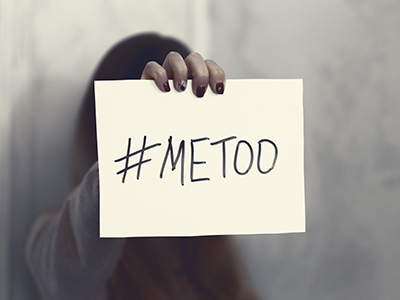In tandem with the growing #MeToo movement, sexual harassment appears to be top of mind for California legislators in 2018. In the wake of Harvey Weinstein, Bill Cosby and the like, California has been flooded with an unprecedented number of bills aimed at combatting sexual harassment. The 20+ pending bills take on topics ranging from confidentiality provisions to increased mandatory harassment training. Now more than ever, employers must pay heed to how sexual harassment issues are handled at their companies. Here are the highlights from the top 10 bills that – if passed – will most likely impact employers:
Senate Bill 820 would prohibit settlement agreement provisions that prevent the disclosure of facts related to claims of sexual assault, sexual harassment or sex discrimination cases. Otherwise known as the STAND (Stand Together Against Non-Disclosures) Act, the bill would apply to agreements entered into after January 1, 2019 and would create an exception where a complainant requests a nondisclosure provision (unless the defendant is a government agency or public official, in which case the exception would not be available). The STAND Act passed the Senate Judiciary Committee on May 1, 2018 with a vote of 5-1, and is now headed to a full vote in the Senate. Assembly Bill 3057 contains similar prohibitions, and is currently in the Assembly Appropriations Committee. READ MORE



